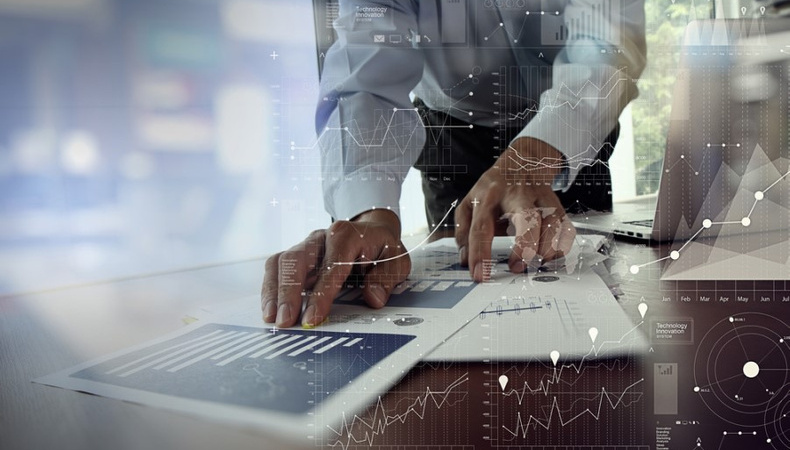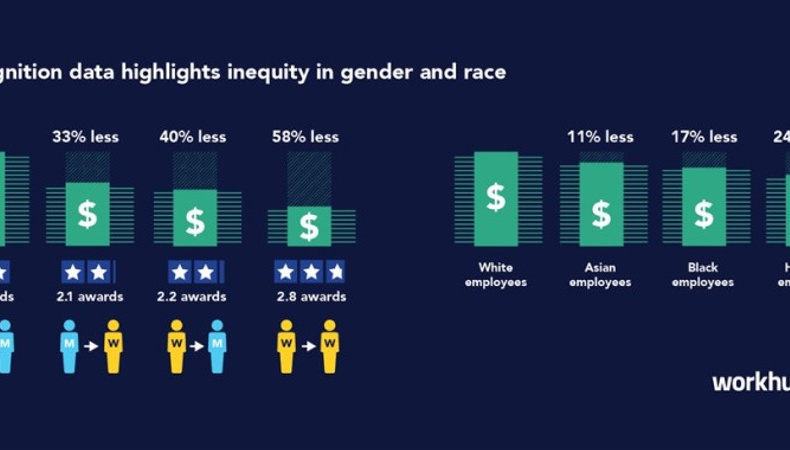How social recognition data can inform your DEI strategy

By using our social recognition data, our research team can use these insights to identify opportunities to inform and fuel your DEI strategy. One of the most interesting insights uncovered by this research is surrounding gender and racial inequality in the workplace.
Gender and racial inequality
Gender disparities have always been prevalent in the workplace, and the Covid-19 pandemic has only accelerated this. According to McKinsey’s Women in the Workplace 2020, more than one in four women are contemplating leaving the workforce. But this crisis also presents an opportunity.
“If companies make significant investments in building a more flexible and empathetic workplace, they can nurture a culture in which women have equal opportunity to achieve their potential over the long term.”

By using a recognition platform, organisations can better foster a workplace environment where everyone feels heard and appreciated. Our data shows that men give fewer awards overall but higher value awards. And surprisingly, women give higher value awards to men, not other women. Award amounts go down when looking across race as well.
Turning data into action
Social recognition data helps companies become aware of unconscious bias. But social recognition can also help fix the problems it identifies using coaching and other tools. Creating an environment that embraces diversity is more important than ever. Using social recognition, we have a unique opportunity to build a better, more equal workplace, for everyone.
Dowload our guide for more ways to fuel your DEI strategy through social recognition data.
The author is Sarah Bloznalis, content marketing coordinator at Workhuman.
This article is provided by Workhuman.
Supplied by REBA Associate Member, Workhuman
The only recognition platform that surfaces peak performers by measuring patterns your managers can't see.







